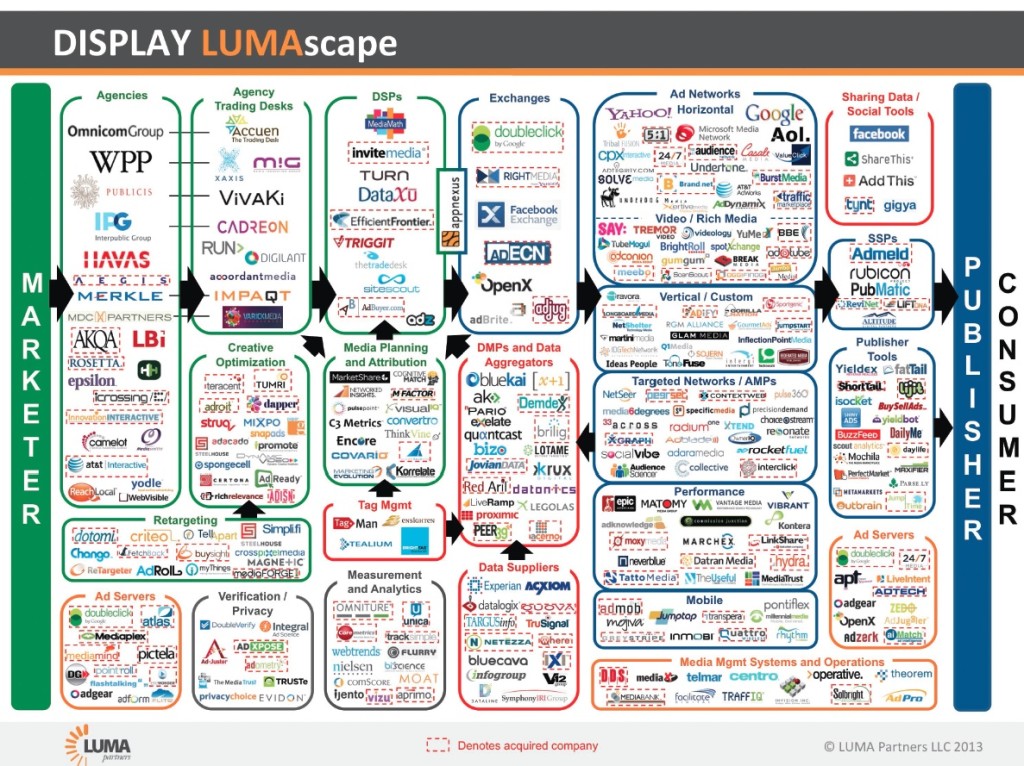
Michael Wolff thinks so:
Without a dramatic turnaround in advertising income, there are only two strategies – neither mutually exclusive – for the continued existence of newspapers, in digital or any other form:
• Having established the paywall model, the goal, in a race against time, is to extend it to a greater and greater part of the user base. Like the paywall itself, this is unchartered territory. Rupert Murdoch’s more absolute paywalls having worked significantly less well than the New York Times’ porous wall. The Times, however, counting on its brand power and on the gradual change in consumer behavior, is trying to up the ante, recently cutting its free take from 20 to ten articles.
• Re-orient the cost basis of the business, still largely modeled on advertising income, to the much smaller subscription revenue base. That is, fire a lot of people.
This is, actually, good news, if not necessarily for shareholders or for many employees. Some newspapers can continue to exist, albeit as vastly smaller and less profitable businesses.
I have a few points in response. First, Wolff characterizes newspapers’ plummeting revenue in the following terms: “A digital advertising environment on the web – one even more pronounced in mobile – that relentlessly increases the amount of advertising space available and lowers the value of all space overall.”
Wolff is mostly right, for now. But that’s only because advertisers have yet to figure out what’s valuable. I worked in online advertising for two years (including one year for a behavioral targeting firm), and I can say with some confidence that we still don’t have adequate metrics to measure advertising success online — hence the degradation of online real estate. But soon enough, the advertising landscape will have to revert to form.
Why? Well, because advertisers don’t like paying for something that provides no value. It’s astonishing just how little advertisers still know about their own data in 2013 — that is, the audiences on their own web sites, the customers buying their products, and so on. The problem is even worse when it comes to connecting with new audiences, also known as advertising. Not only do the companies themselves not understand the data, but many of the online advertising firms that these companies have hired know little about what they’re selling as well. (Take a look at the above headache-inducing graphic of the online media landscape to understand why.) Continue reading Are online paywalls too little, too late?
